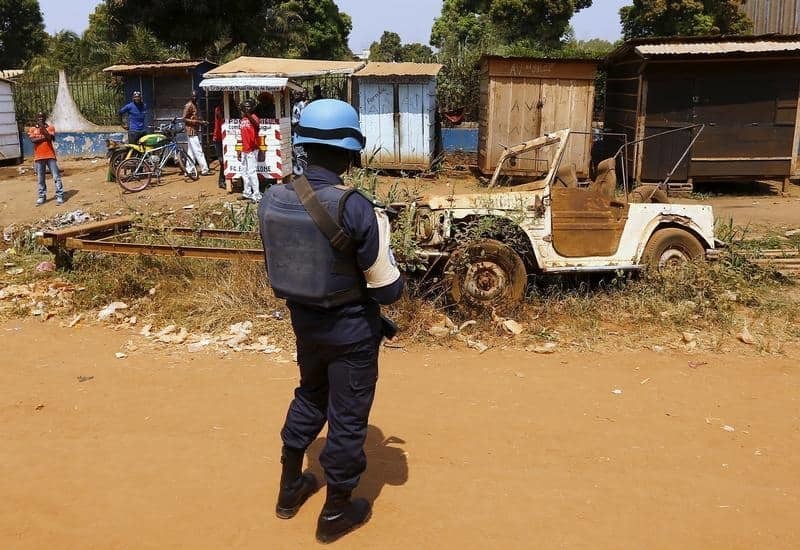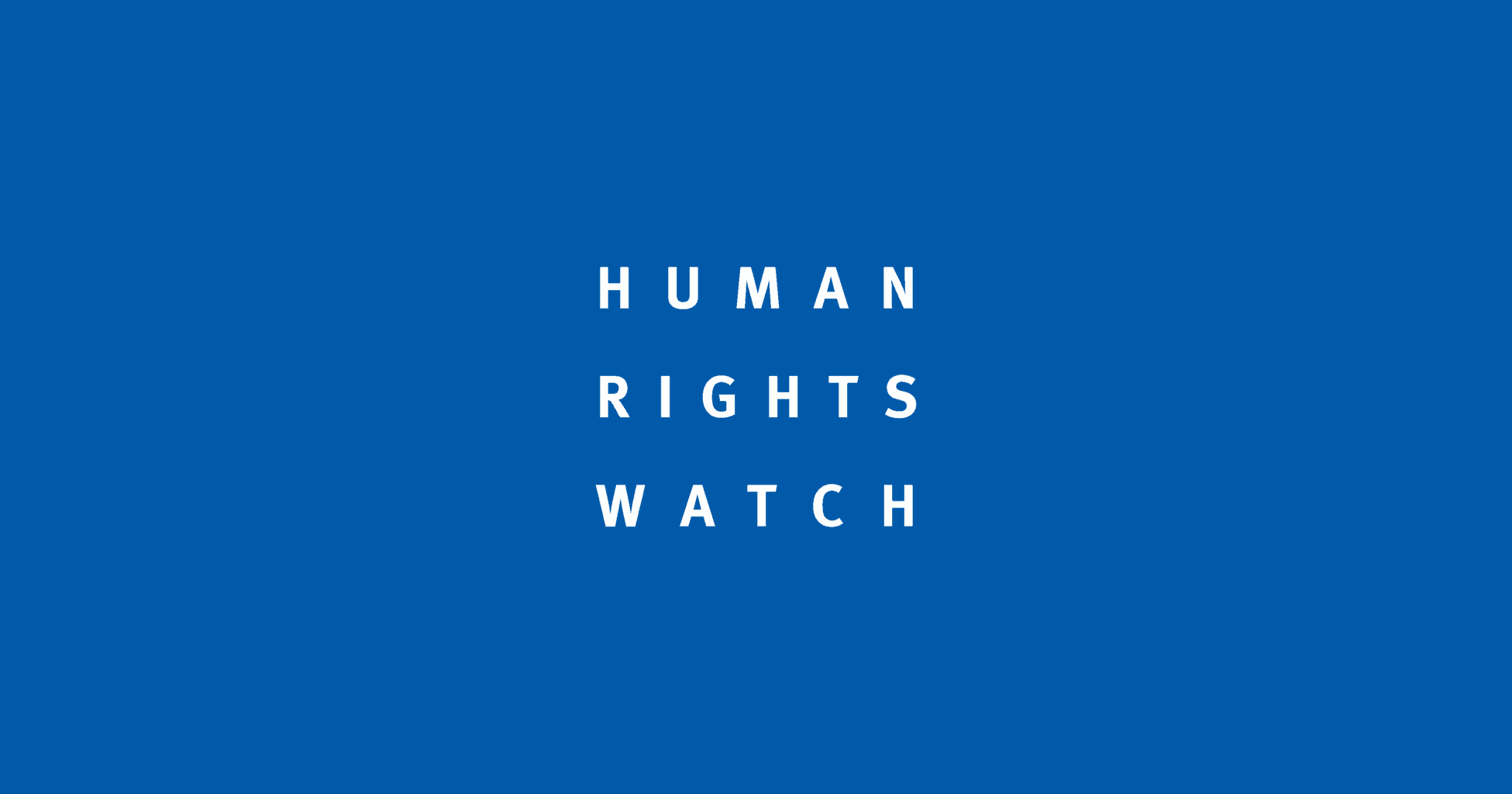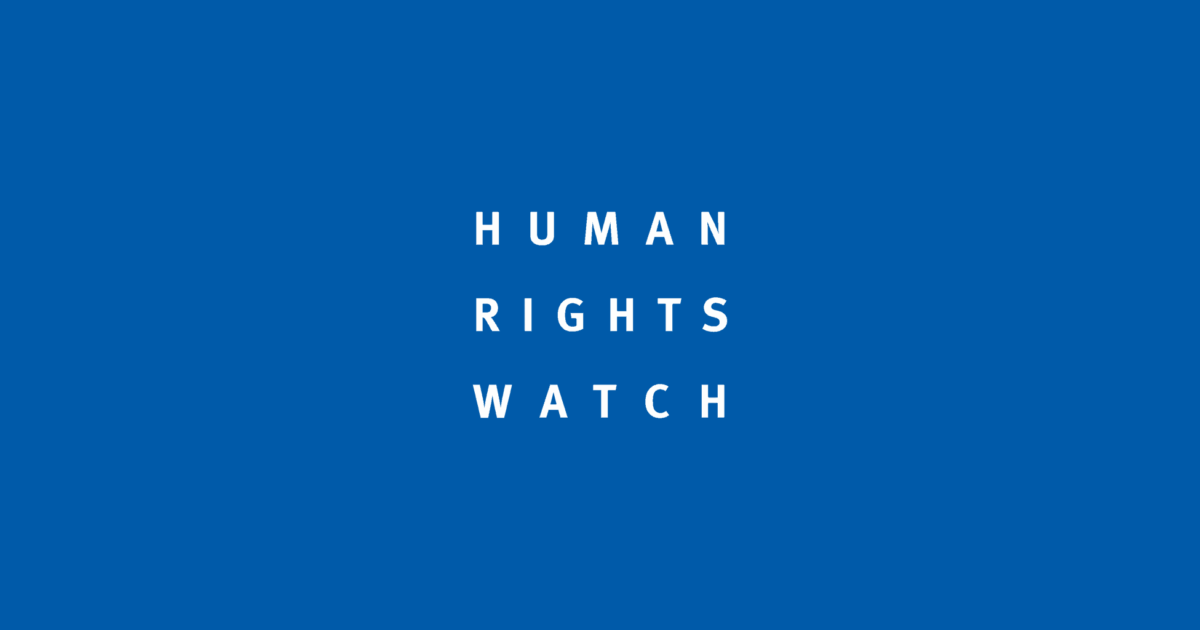Central African Republic
The Central African Republic (CAR) has been engulfed in violent armed conflict since 2013, and conflict-related insecurity has left women and girls vulnerable to forced marriage, abduction, and especially sexual and gender-based violence; according to the International Development Monitoring Centre, 68% of girls in CAR are married before the age of eighteen. Women in the CAR continue to be largely excluded from peacebuilding and reconstruction efforts and have even been subjected to violence perpetrated by UN peacekeepers. Deployed in April 2014, the United Nations Multidimensional Integrated Stabilization Mission in the Central African Republic (MINUSCA)is mandated to protect women, monitor and report on violations against women, adhere to the zero-tolerance policy on sexual exploitation and abuse, ensure women’s full participation in conflict resolution and elections, and incorporate gender as a cross-cutting issue. To further this progress, based on the work of NGOWG members and their partners, the NGOWG advocates for more thorough monitoring of UN peacekeepers in CAR to ensure that no exploitation and abuse occurs on their watch.
Central African Republic
The Central African Republic (CAR) has been engulfed in violent armed conflict since 2013, and conflict-related insecurity has left women and girls vulnerable to forced marriage, abduction, and especially sexual and gender-based violence; according to the International Development Monitoring Centre, 68% of girls in CAR are married before the age of eighteen.
Women in the CAR continue to be largely excluded from peacebuilding and reconstruction efforts and have even been subjected to violence perpetrated by UN peacekeepers. Deployed in April 2014, the United Nations Multidimensional Integrated Stabilization Mission in the Central African Republic (MINUSCA) is mandated to protect women, monitor and report on violations against women, adhere to the zero-tolerance policy on sexual exploitation and abuse, ensure women’s full participation in conflict resolution and elections, and incorporate gender as a cross-cutting issue. To further this progress, based on the work of NGOWG members and their partners, the NGOWG advocates for more thorough monitoring of UN peacekeepers in CAR to ensure that no exploitation and abuse occurs on their watch.
Current and Past Recommendations to the UN Security Council (Monthly Action Points)
The situation in the Central African Republic (CAR) continues to worsen, and civilians continue to bear the brunt of the conflict and the absence of rule of law in the country. The Security Council should take urgent action and expand the mandate of the United Nations Integrated Peacebuilding Office in the Central African Republic (BINUCA) to provide it with the necessary resources and support to allow the mission to monitor, investigate and report publicly to the Council on any abuses or violations of international human rights or humanitarian law committed anywhere in the country. The Council should take action to address women’s protection concerns and overcome barriers to women’s participation, particularly by supporting local civil society efforts to develop coherent strategies to promote women’s political participation. The Councilshould press the CAR government, with the support of the newly-created AFISM-CAR/MISCA force, to ensure conditions are restored to enable the UN and other international actors to resume work in service provision and human rights monitoring through the BINUCA Human Rights and Justice unit. The Security Council should support the deployment of AFISM-CAR/MISCA in adequate numbers and with the necessary training, resources and capacity to protect civilians from harm, with the strict application of the UN Human Rights Due Diligence Policy. The Council should inquire into accountability for atrocities committed by all armed groups and security forces operating in the country, including efforts to ensure justice systems are re-established and investigations and prosecutions are conducted according to international standards. With the support of international forces operating in the CAR, the authorities should make sure those persons under arrest warrants by the ICC are apprehended and transferred to the Court.
Relevant Resources









